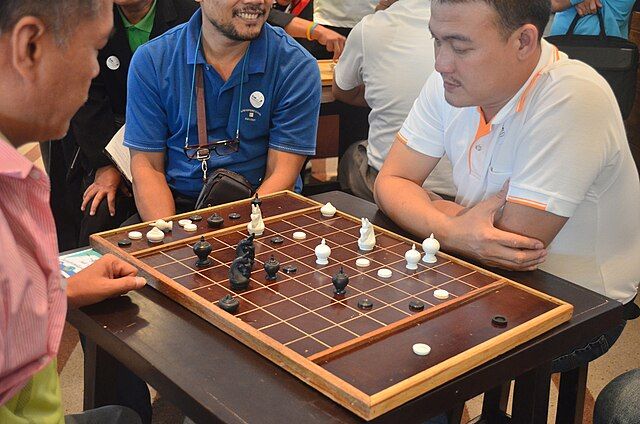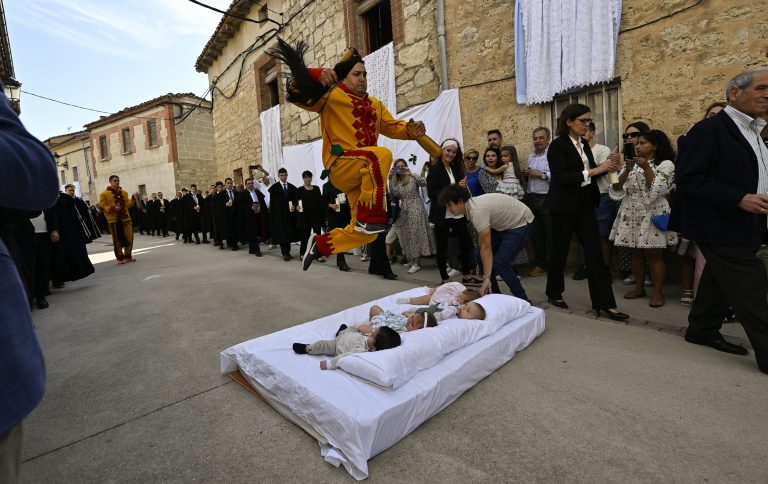
In the vibrant tapestry of global board games, Makruk stands out as a deeply strategic, centuries-old chess variant originating in Thailand. Unlike standard international chess, Makruk emphasizes slower tactical buildup and defensive positioning, reflecting Southeast Asia’s cultural appreciation for patience and long-term planning. Recognized by enthusiasts as one of the most balanced forms of chess ever created, Makruk continues to be played in rural villages and urban centers alike, with national tournaments held annually to preserve its legacy.
What sets Makruk apart is its unique piece movement and endgame structure. For example, the “Met” (similar to the pawn) promotes not to a queen but to a piece akin to the “Khon,” which has limited range. This restriction creates endgames that require far more calculation and maneuvering than the typical power plays of Western chess. Moreover, with fewer rapid attacks and more calculated transitions, Makruk rewards strategic foresight over aggressive flair, making it a favorite among analytical thinkers and history enthusiasts.
For those interested in mastering Makruk, learning its nuances provides not only a challenge but also a connection to Thailand’s cultural heritage. With its emphasis on slow-burning strategy and methodical execution, Makruk teaches patience, foresight, and respect for tradition. As digital platforms begin to introduce Makruk to global audiences, this game is poised for a renaissance beyond its Southeast Asian roots.






